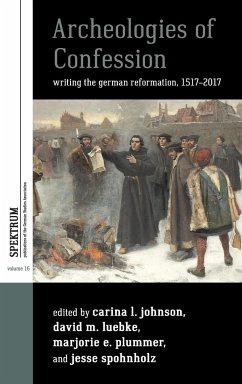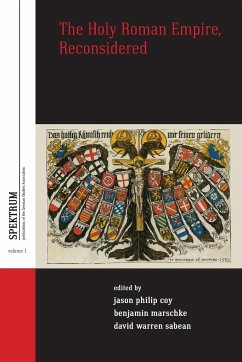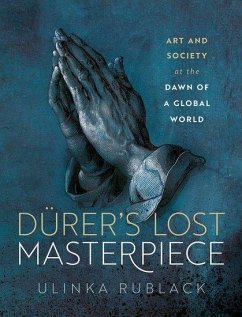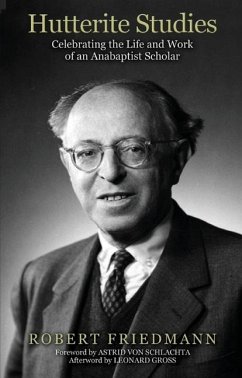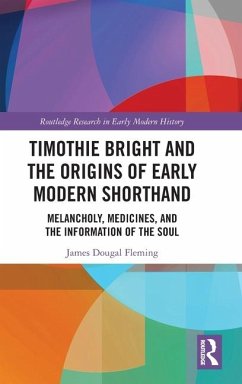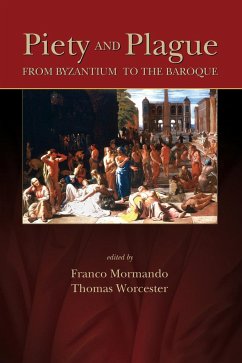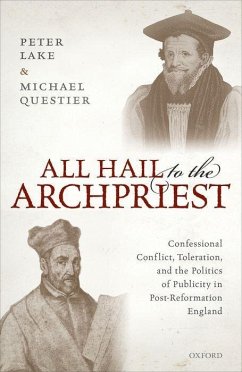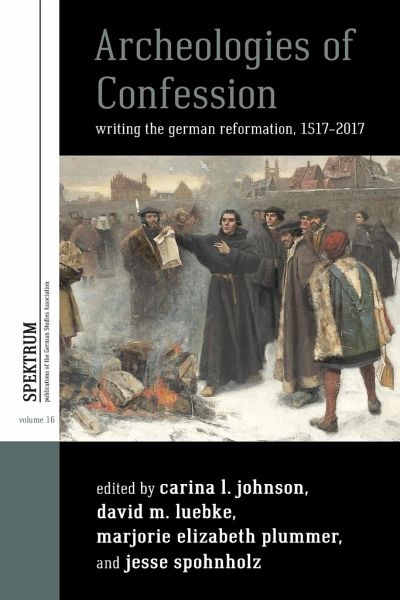
Archeologies of Confession
Writing the German Reformation, 1517-2017
Herausgeber: Johnson, Carina L.; Plummer, Marjorie Elizabeth; Luebke, David M.
Versandkostenfrei!
Versandfertig in 1-2 Wochen
38,99 €
inkl. MwSt.

PAYBACK Punkte
19 °P sammeln!
Modern religious identities are rooted in collective memories that are constantly made and remade across generations. How do these mutations of memory distort our picture of historical change and the ways that historical actors perceive it? Can one give voice to those whom history has forgotten? The essays collected here examine the formation of religious identities during the Reformation in Germany through case studies of remembering and forgetting-instances in which patterns and practices of religious plurality were excised from historical memory. By tracing their ramifications through the c...
Modern religious identities are rooted in collective memories that are constantly made and remade across generations. How do these mutations of memory distort our picture of historical change and the ways that historical actors perceive it? Can one give voice to those whom history has forgotten? The essays collected here examine the formation of religious identities during the Reformation in Germany through case studies of remembering and forgetting-instances in which patterns and practices of religious plurality were excised from historical memory. By tracing their ramifications through the centuries, Archeologies of Confession carefully reconstructs the often surprising histories of plurality that have otherwise been lost or obscured.



